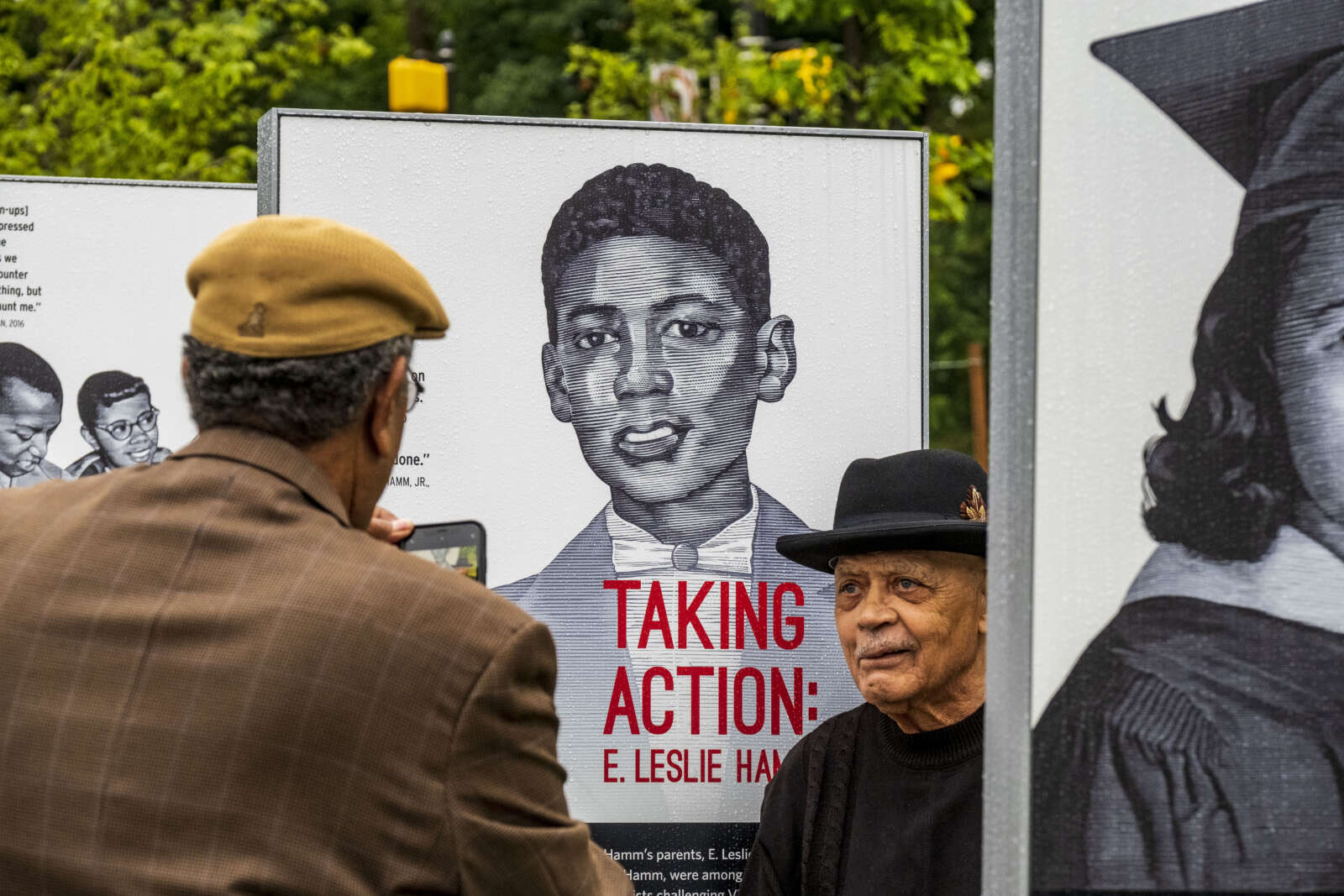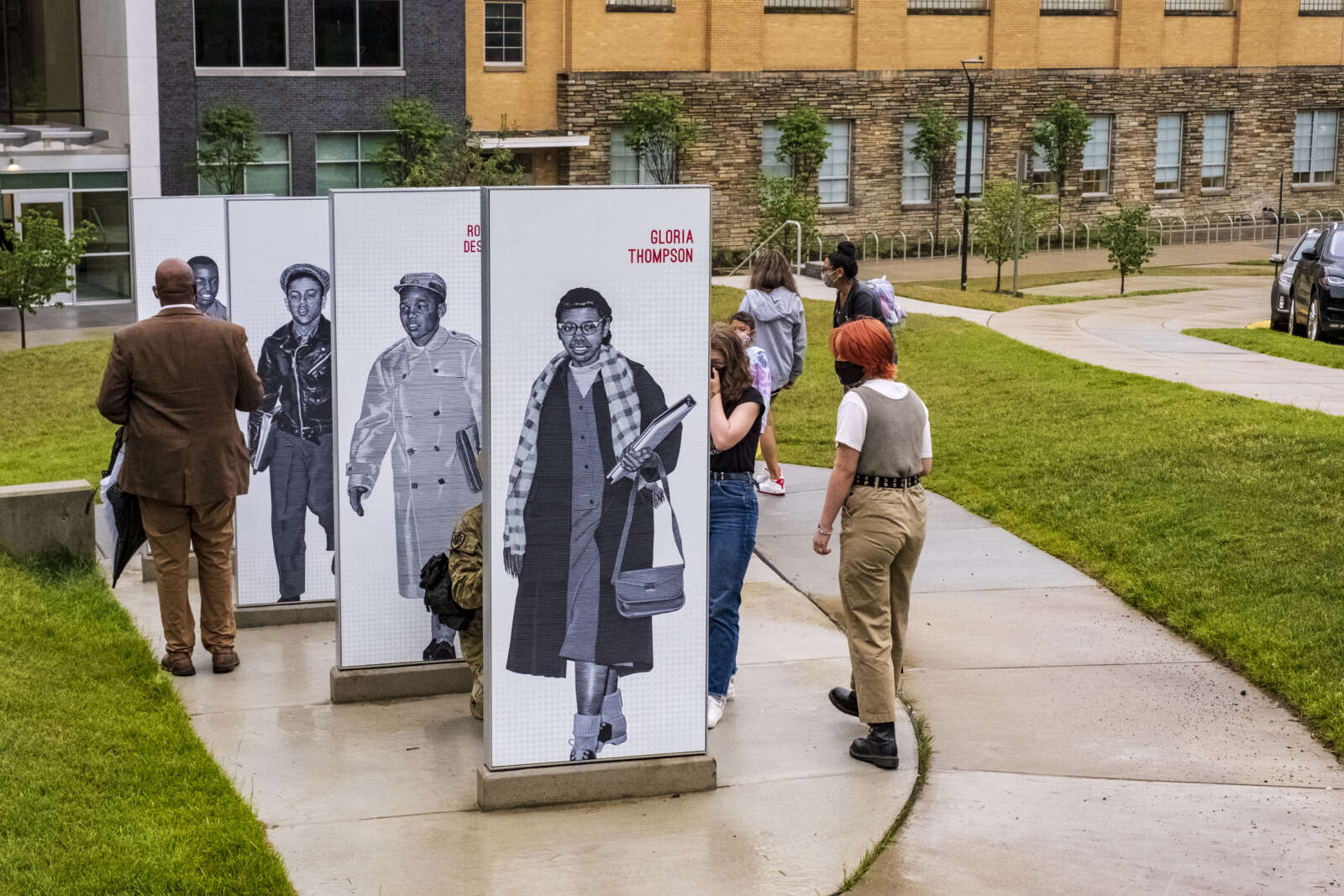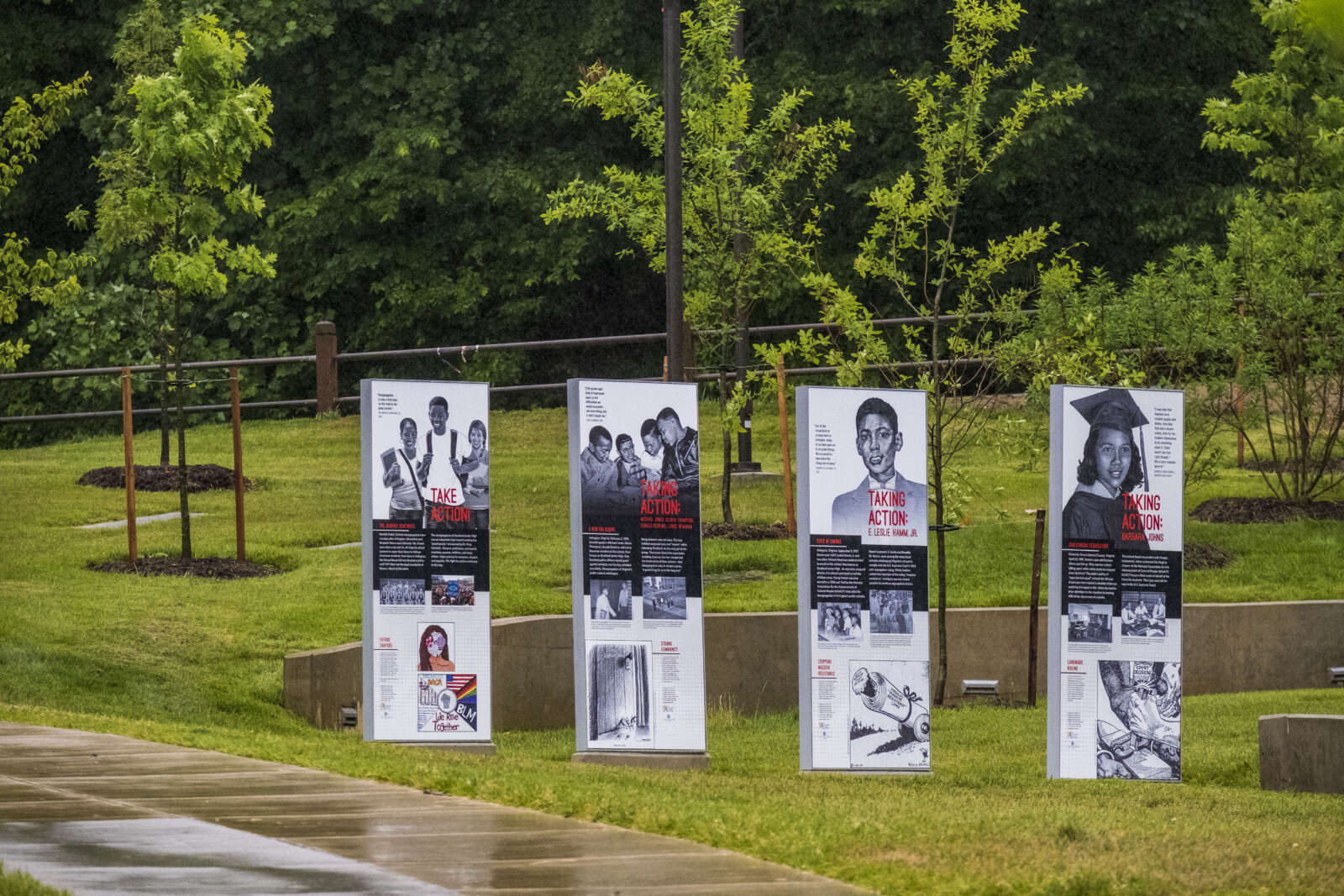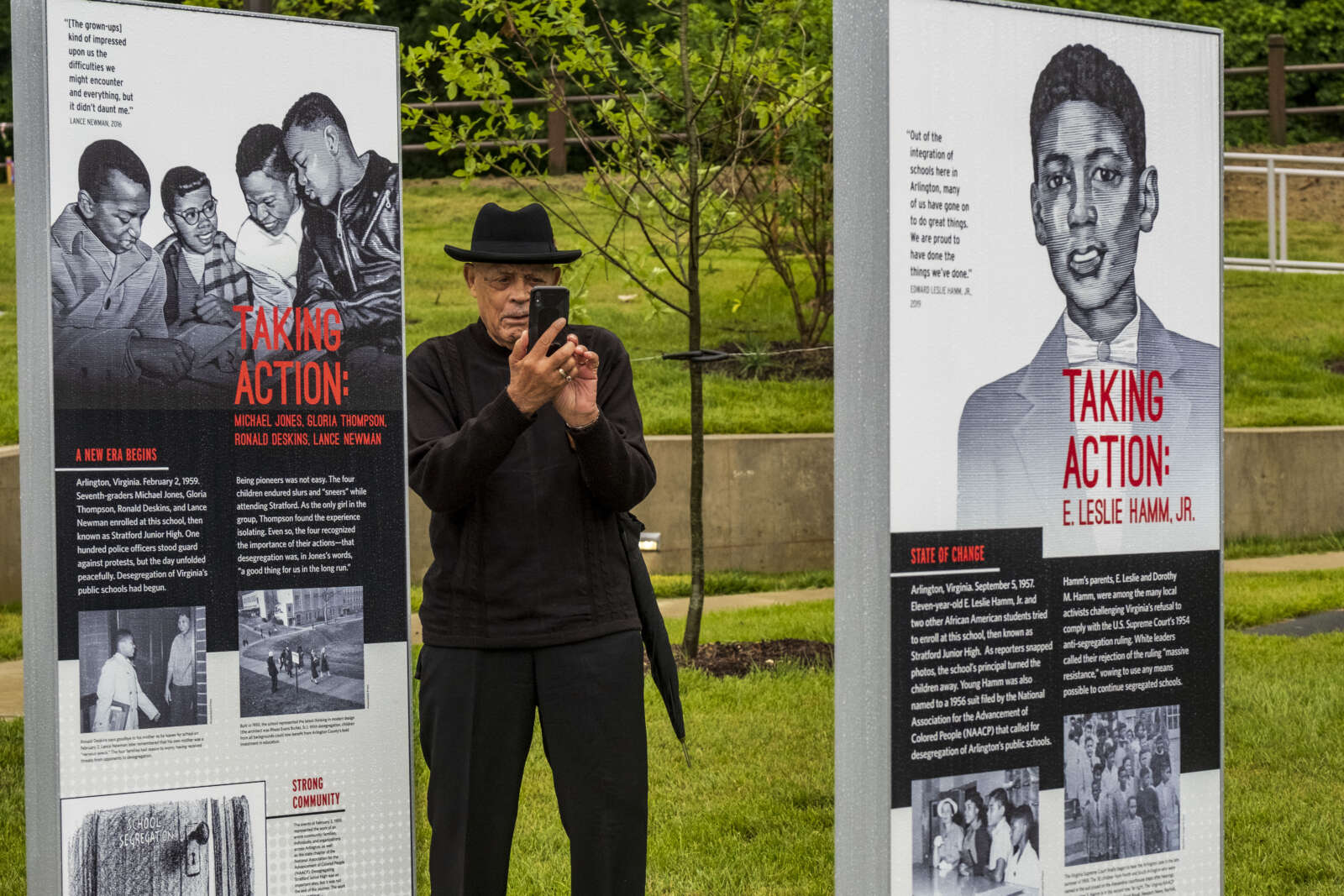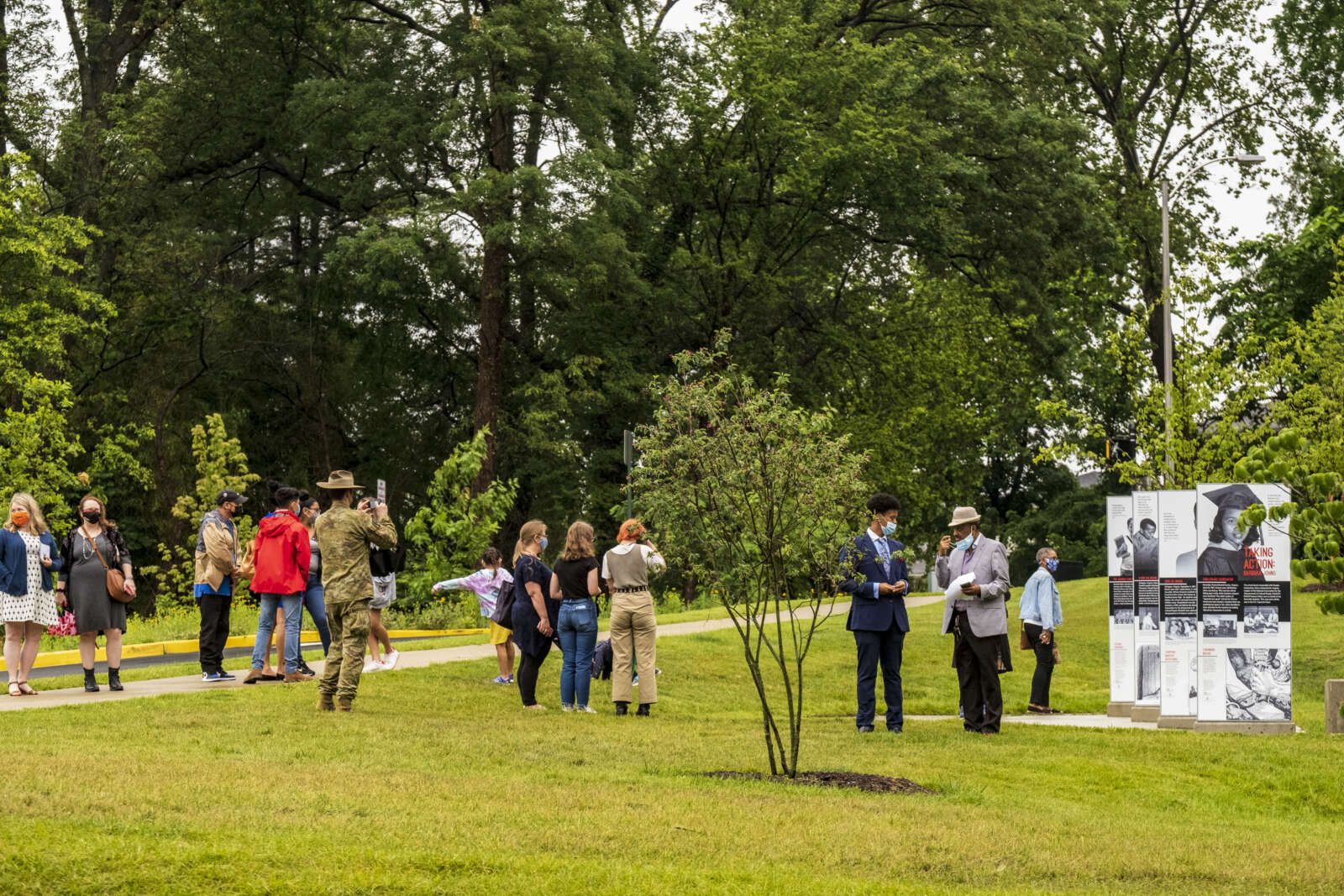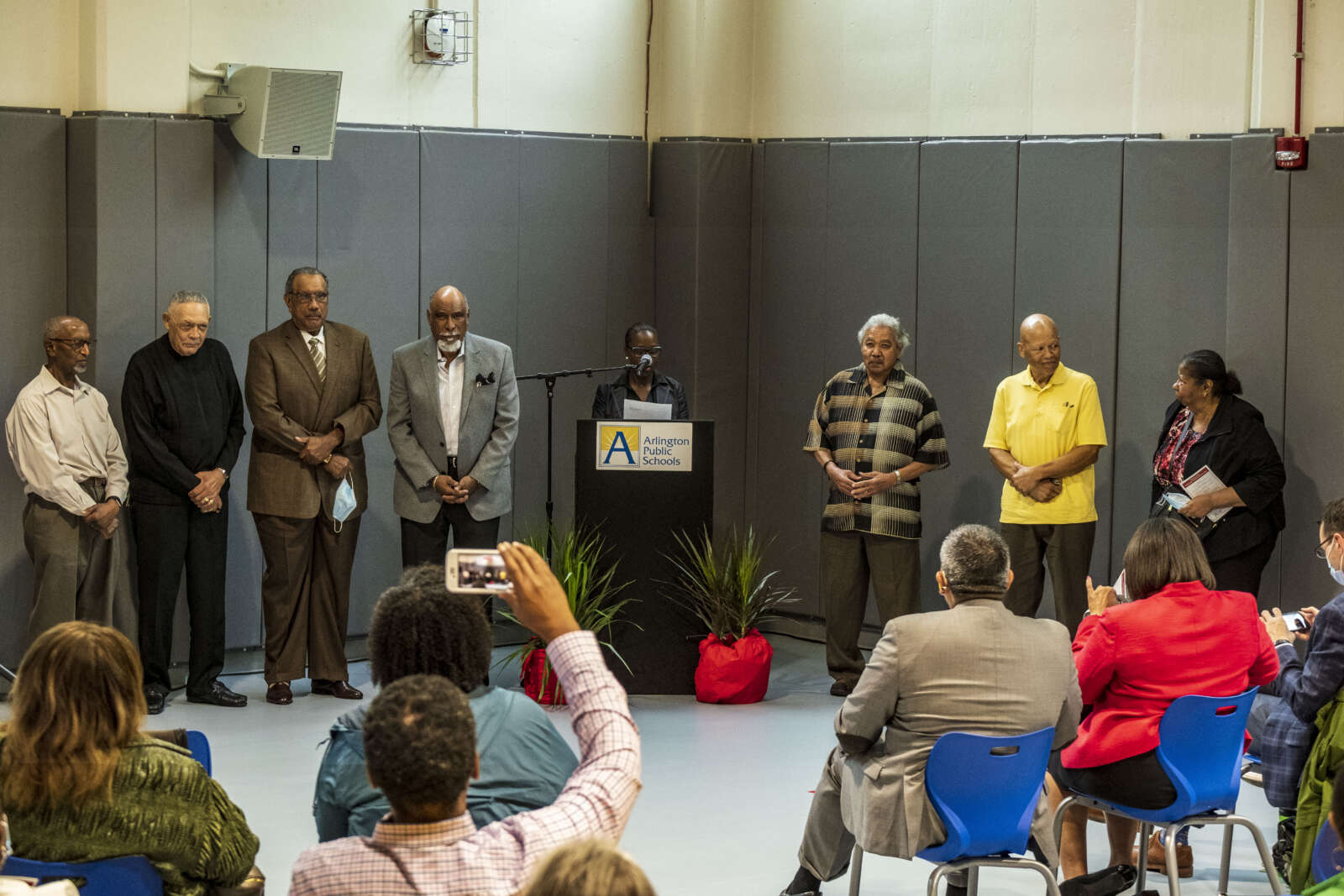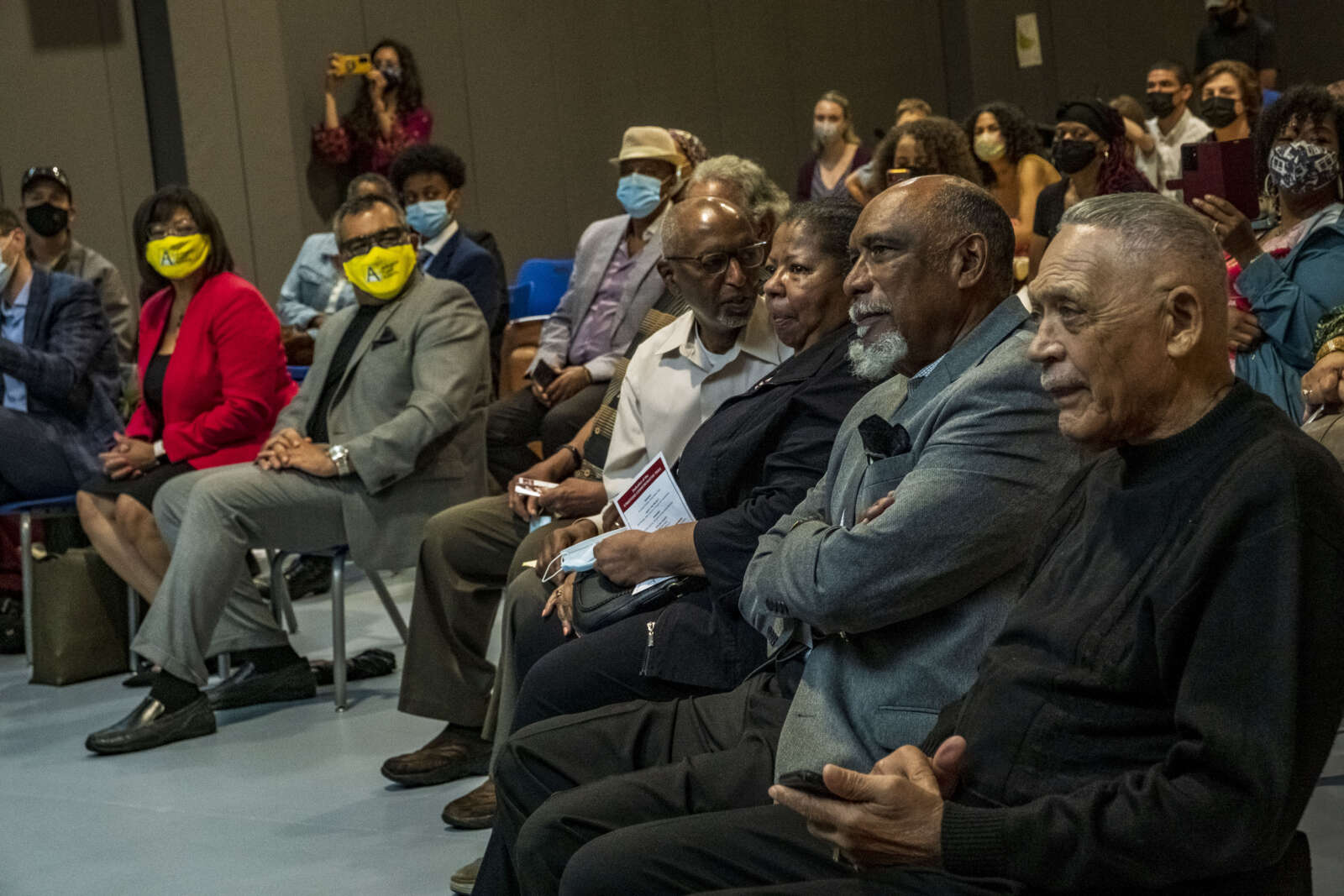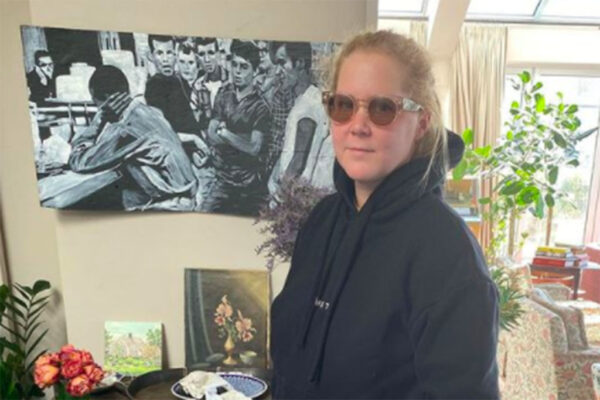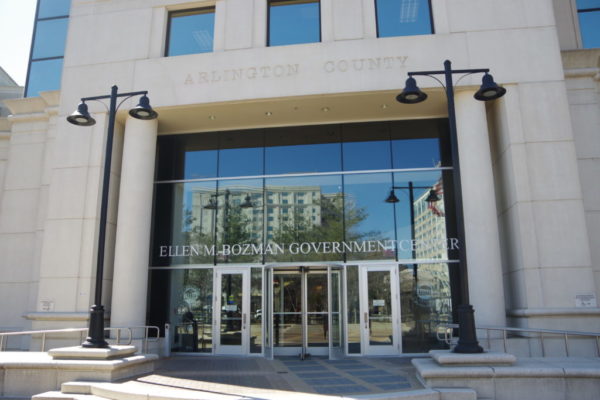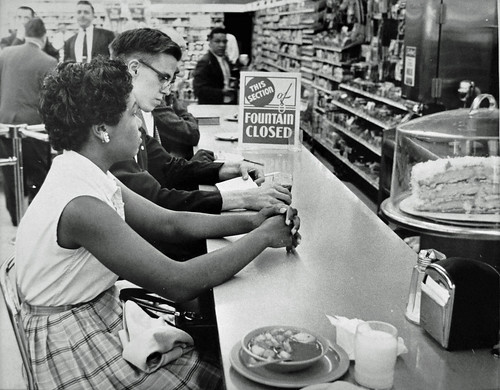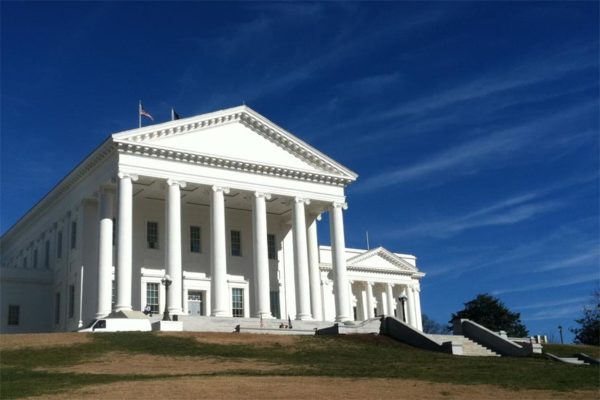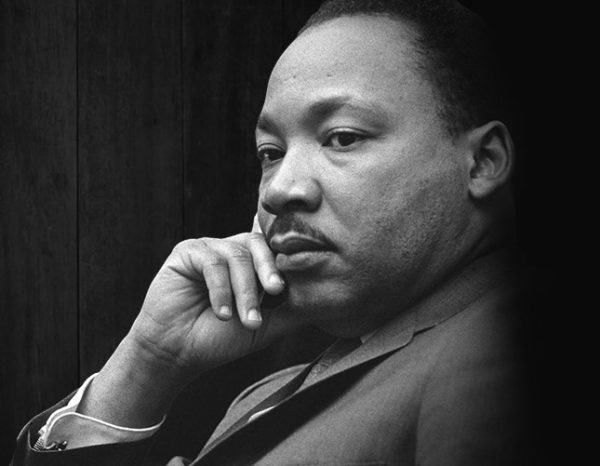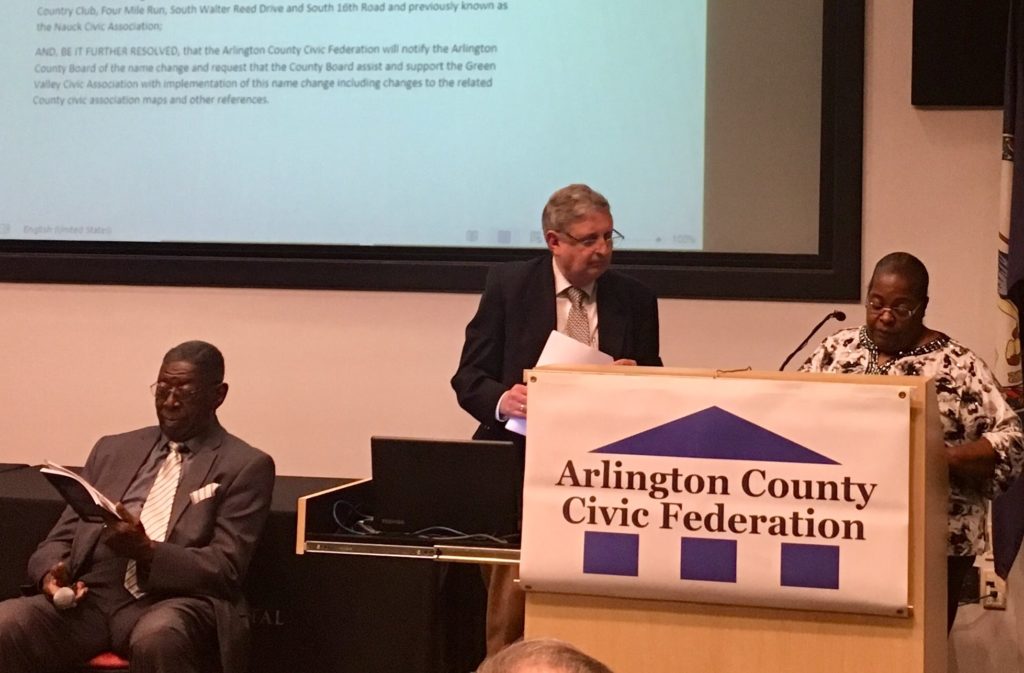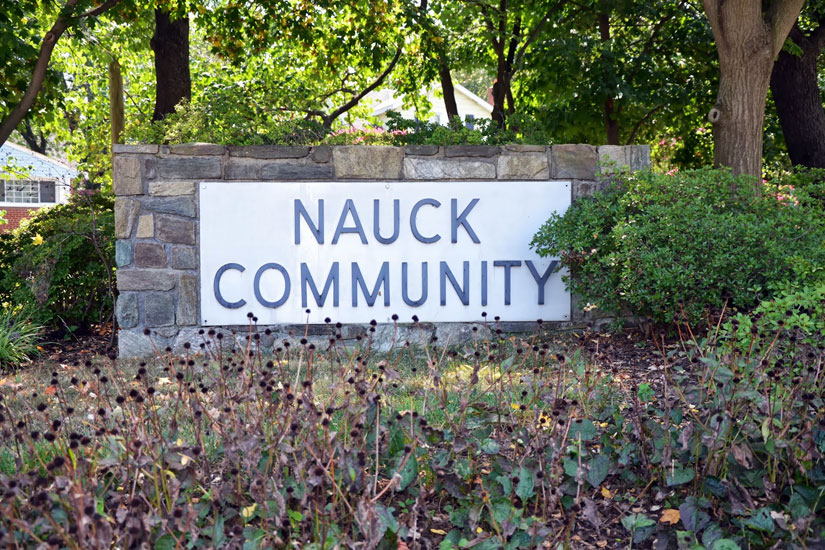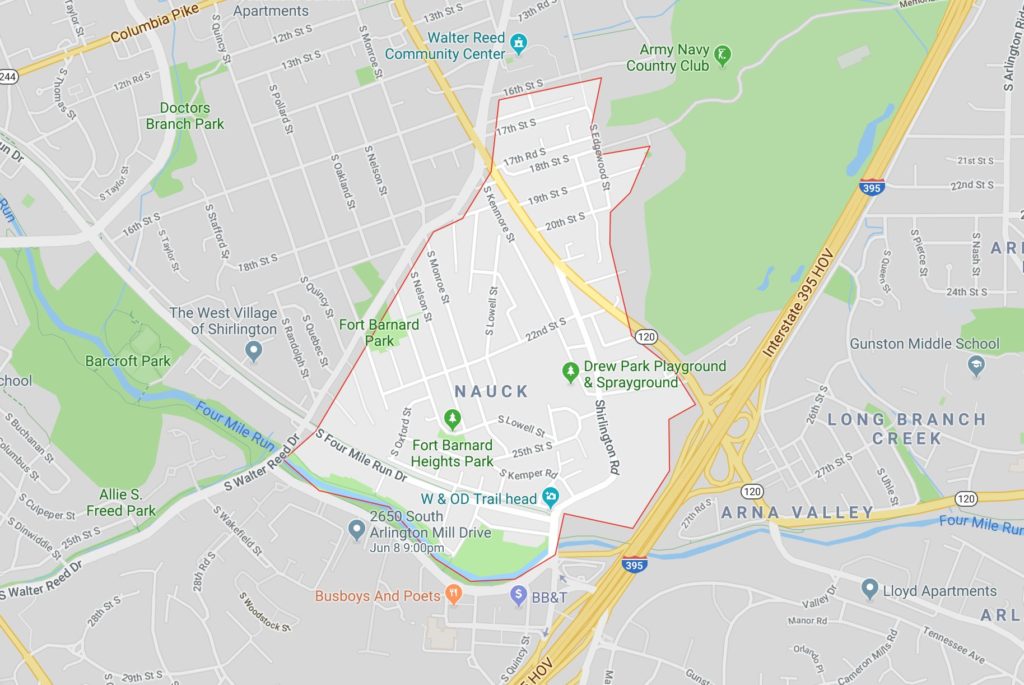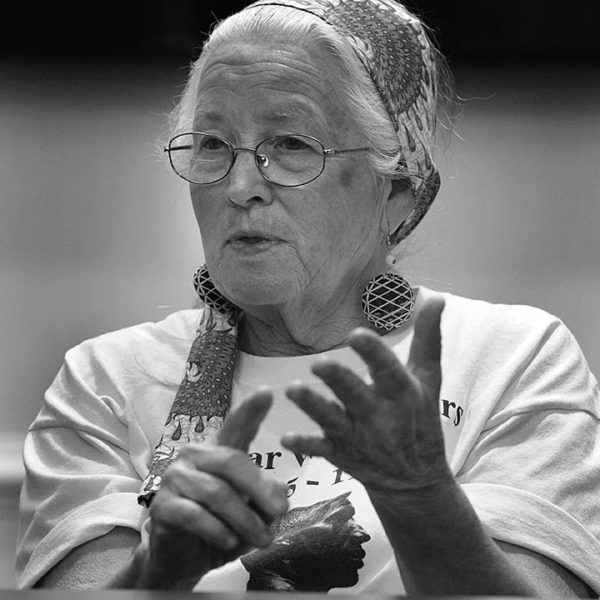The family of a man who died in Arlington County jail in 2020 has filed a wrongful death lawsuit blaming his death on willfully negligent care by the county and nurses.
Darryl Becton, 46, died in the Arlington County Detention Facility on Oct. 1, 2020. A state coroner determined he died of hypertensive cardiovascular disease, which is caused by sustained high blood pressure, complicated by opiate withdrawal.
The $10-million lawsuit filed in Arlington County Circuit Court names Arlington County Sheriff Beth Arthur, the elected official who oversees the jail and the Sheriff’s Office, and Corizon Correctional Health, the jail-based medical provider at the time, as defendants. Four medical staff, including one who was arrested in connection to Becton’s death, and a sheriff’s deputy are also named.
The Sheriff’s Office declined to comment. Corizon did not respond to a request for comment by deadline.
Becton, a D.C. resident, was booked on Sept. 29, 2020, on an alleged probation violation following his conviction on a felony “unauthorized use of a motor vehicle” charge in 2019.
The lawsuit says his death two days later — after succumbing to symptoms of heroin and fentanyl withdrawal and untreated high blood pressure — “was wholly avoidable.”
The lawsuit claims Becton told staff when he was booked that he had an opiate addiction and high blood pressure. These became obvious, the suit says, in the early hours of Oct. 1, when his blood pressure registered 191/102 — which would require immediate medical attention — and he began experiencing withdrawal symptoms, including vomiting, nausea, body aches, tremors and diarrhea.
The lawsuit alleges that, despite his obvious illness, medical staff did not properly address his withdrawal symptoms nor treat him for high blood pressure, while deputies assigned to periodically check in on him did not take note of his worsening symptoms.
“From 6 a.m. until 4:16 p.m., he was essentially left uncared for, untreated and alone,” said Mark Krudys, the attorney for the family during a noon press conference outside the jail today (Friday). “He was being casually monitored by the nursing and outright ignored by correctional staff. This did not have to occur. People don’t die from these conditions if they’re taken to medical [facilities] and receive the medical care they need.”
This is not the first time Corizon has been sued for inmate deaths allegedly connected to inadequate care. And Becton’s death, combined with the arrest of one nurse possibly connected to Corizon, prompted the county to cut ties with the provider and select a new provider, Mediko.
The lawsuit also alleges Becton was denied his civil rights in not receiving adequate medical care.
Many family members were present gave emotional tributes to Becton at the press conference.
His cousin, Janae Pugh, said it is every family’s “worst nightmare” to hear that a family member has died in the custody of people who are supposed to “protect and serve” the community.
“To stand here before you and expose my family’s suffering and pain is heartbreaking but very necessary,” she said. “The people in charge need to be held accountable for these preventable deaths. We are here today to seek justice and bring awareness to Darryl’s case.”






